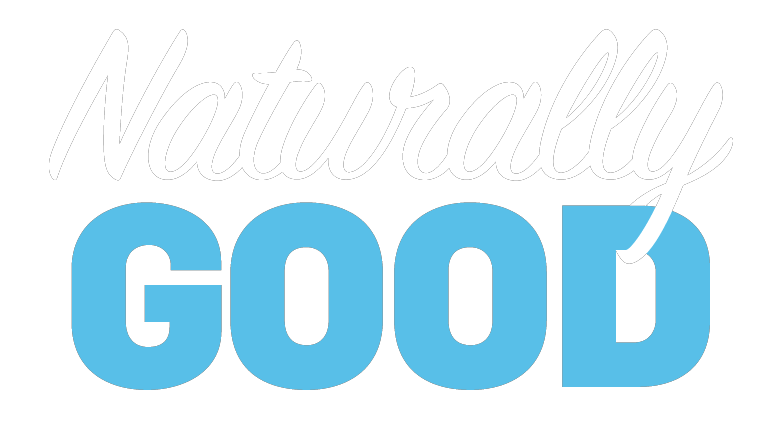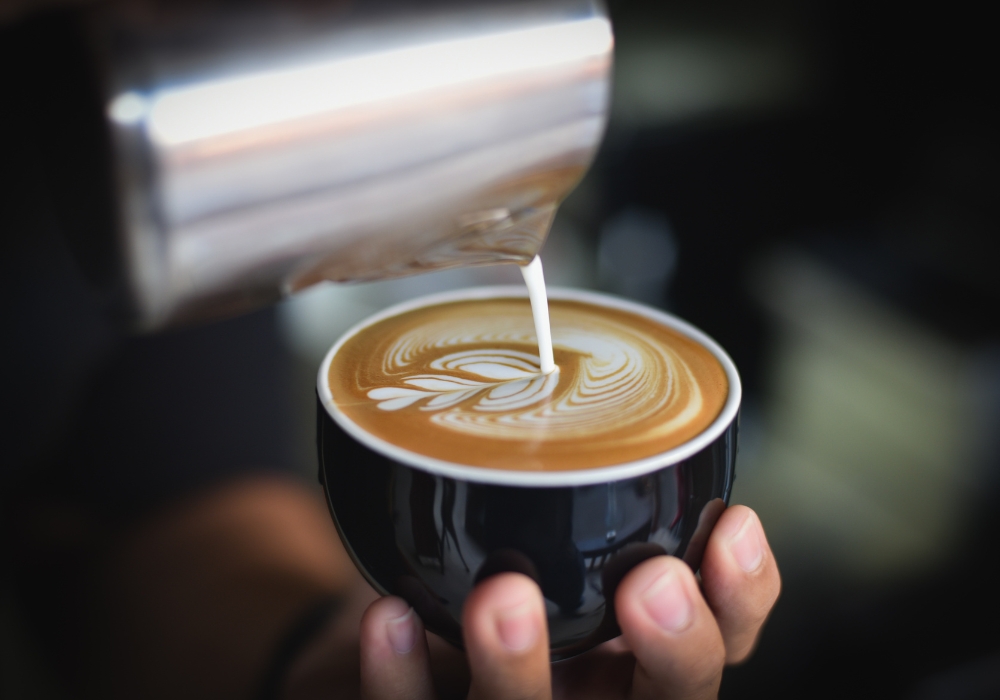Australians love their coffee and it’s not hard to see why. A freshly brewed cuppa at any time of the day can pack a powerful punch, affecting both our moods and energy levels. Additionally, there’s the ritualistic element that’s so deeply entwined in our ongoing romance with coffee. This is a socially consumed beverage that encourages people to come together and share in its pleasures.
Research reveals that “more than one in four Australians (27%) indicate they cannot survive the day without it, and 9 in 10 (88%) stating they like it to some extent” (McCrindle).
But not all of us can handle the caffeine hit. A typical cup of coffee contains between 65mg and 200mg of caffeine, depending on the size, brewing method and bean type. Despite many experts saying that “up to 400 milligrams (mg) of caffeine a day may be safe for most adults” (Mayo Clinic), many consumers complain of headaches, ‘jitters’, digestive issues and poor sleep as a direct result of drinking coffee.
The Feel-Good Brew Movement
Meet Sila Gatti, Founder of Not Coffee, and winner of this year’s acclaimed Naturally Good Pitch Fest, fending off some of the hottest brands on the market to compete ‘Shark Tank’ style for the ‘Champion’ title. Her story, with a deeply emotive backdrop, won over the judges’ hearts as well as their tastebuds.
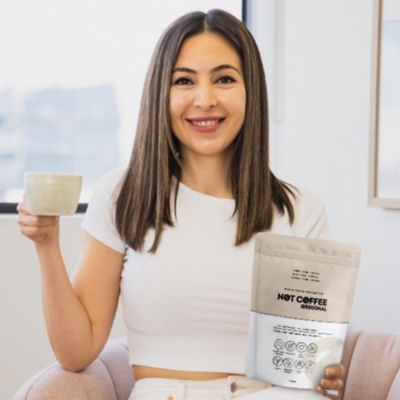
Sila lived a healthy lifestyle, but despite her efforts, she developed a condition known as Graves’ Disease (hyperthyroidism). Trying conventional medicine as a remedy, she soon looked for other options available to her, due to experiencing several negative side effects. Eventually she came across a Chinese Medicine Practitioner who recommended she give up caffeine entirely as part of a new and natural approach to nourishing herself.
“Giving up my daily coffee ritual hit me hard because I loved coffee. My mornings revolved around it; it was my cherished ritual,” reflects Sila. “I tried herbal tea and various coffee alternatives, but nothing tasted close to coffee. One morning, I woke up frustrated that I couldn’t just have a coffee. I envisioned a beverage that looks, acts, and tastes like coffee but without the drawbacks. That’s when the idea for Not Coffee was born.”
The Result
Sila put everything she could into an impassioned attempt to bring to life the concept she so desperately craved. The hard work paid off, and the result was delicious. It was an innovative product, derived from only natural ingredients, such as chicory root, Australian carob, and roasted chickpeas.
All of these natural caffeine-free ingredients have numerous health and medicinal properties, rich in vitamins and free from stimulants and preservatives. However, above all, Sila couldn’t bring her product to market without it achieving a crucial goal – it had to satisfy her coffee cravings.
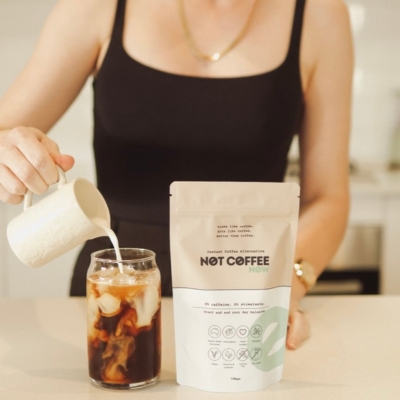
“The first thing was (of course) that it looked, tasted and performed like coffee,” confirms Sila. “Next, we had to ensure that it contained no caffeine or stimulants. Then, we wanted to make sure that our ingredients were naturally vegan-friendly and did not contain gluten, dairy, nut, added sugars, preservatives or additives. And last but not least, we wanted ‘Not Coffee’ to have health benefits and nourished our body.”
Not Coffee comes in two forms, instant and ground. Its dynamic design enables it to be compatible with all types of coffee machines and makers. It can be enjoyed black or with your favourite milk. Due to the inherent flavours unique to its blend of ingredients, Not Coffee is devoid of the acidity and bitterness, a well-known negative component to traditional coffee.
Sipping Sustainably
Consumers tastes are changing, with a keen focus towards sustainable processes within the food and beverage industry as a whole. Problems such as deforestation, soil erosion and water pollution are just some of the issues prevalent to coffee production.
“The unfortunate reality is that these coffee plantations come at a huge environmental cost…this destruction of habitat not only contributes to the loss of plant and animal life but also leads to topsoil erosion.
And that’s not the end of the story by a long mile. “The use of synthetic fertilisers and pesticides is common in these practices, which leads to water pollution…coffee production is also a significant contributor to greenhouse gas emissions.” (Green Bean Coffee)
With so much destruction, there’s a responsibility to the planet to look for more eco-friendly alternatives. One solution to the problem is a move to organic farming. This avoids the use of synthetic fertilisers and pesticides, and follows more traditional farming processes. Organic coffee is higher in quality too but demands a hefty price tag in return.
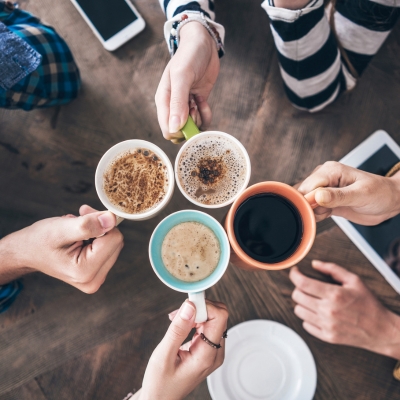
Time For a Roast Revolution?
Traditional coffee hasn’t lost its buzz just yet. But there’s clear evidence of a movement towards alternative options that don’t simply tick the ‘caffeine-free’ box. The beverage market is rich with exploration of high-quality products that not only look, taste and replicate the texture of their beloved daily brew, but also boost their overall health and wellbeing in the process.
Other ingredients to look out for include:
Mushroom Coffee
So on-trend right now! Infused with functional mushrooms, the health benefits to this unique beverage are multiple, from cognitive function support to relieving stress and anxiety. Mushroom coffee often contains traditional ground beans. When blended with adaptogenic mushroom powders, like chaga, Cordyceps and lion’s mane, it could be described as a ‘coffee with benefits’. One of the most appealing characteristics is that it contains significantly less caffeine than a traditional cup of coffee.
Gold Coffee
With similarities to a café latte, ‘gold’ coffee takes its name from a decadent colour. Derived from ingredients such as turmeric, blended with warm milk and flavoured further with spices like cinnamon and ginger. Therefore, it’s a great caffeine-free option. Health benefits said to be gained from consuming turmeric include antioxidant properties, protection against heart disease, limiting growth of cancerous cells within the body and memory-boosting capabilities. Brew your own blend using Totally Rawsome turmeric pastes packed full of nutrients.
Cocoa Bean Coffee
In other words, ‘cacao’, which tastes nothing like a classic sweet hot chocolate. Naturally caffeinated, cacao usually requires an added sweetener, such as honey or coconut milk, to balance out its inherent bitterness. This ancient ingredient is rooted in a rich history dating back thousands of years. A traditional cacao ceremony involves the coming together of communities to drink the beverage socially and absorb its mood-boosting, medicinal properties. Looking for a brand to try? Sacred Taste’s ceremonial grade cacao is a great place to start.
